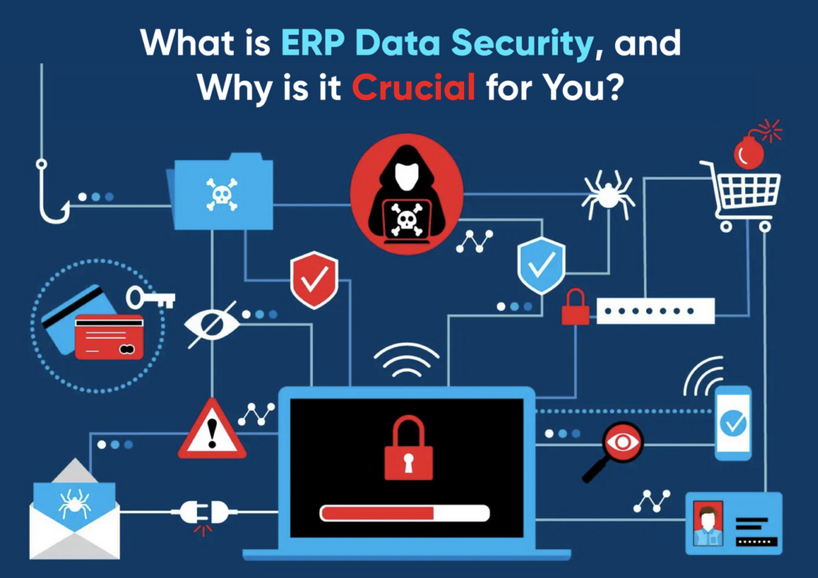
Clarity.fm, a prominent platform that links entrepreneurs with expert consultants, has experienced a significant data breach. This breach has exposed personal and professional details of approximately 121,000 member accounts due to an unprotected database. The breach has not only jeopardized the privacy of these members but also highlighted the increasing risk of CEO fraud, a scam where criminals impersonate company executives to deceive companies into transferring money.
Details of the Breach
The compromised database contained 155,531 records, including member profiles with personal and professional email addresses, hourly consulting rates, payment details from past sessions, and internal ratings based on user feedback. These records were clearly marked as production data and specified whether the individual was a member, leader, or mentor within Clarity.fm’s community. The absence of password protection meant that anyone with internet access could view the sensitive information.
Implications for Affected Members
The data breach’s immediate consequences for the 121,000 affected members are severe. Exposure of email addresses and professional contact information makes these individuals prime targets for phishing attacks, spam, and identity theft. Additionally, the revelation of consulting rates and payment details could lead to financial exploitation.
However, beyond these immediate risks, the breach has also amplified the threat of CEO fraud. With access to personal and professional details, cybercriminals can more easily impersonate high-profile executives and manipulate companies into transferring funds to fraudulent accounts.
Understanding CEO Fraud
CEO fraud, also known as Business Email Compromise (BEC), involves criminals spoofing the email accounts of company executives or gaining access to these accounts to send fraudulent requests to employees in charge of finance. These requests often urge immediate and confidential transfers of large sums of money, exploiting the authority of the impersonated executives.
Given the data exposed in the Clarity.fm breach, cybercriminals can craft highly convincing emails, posing as reputable business leaders or mentors. The detailed information available in the database can lend credibility to their deceit, increasing the likelihood of successful scams.
Preventive Measures and Recommendations
For those affected by the Clarity.fm breach, immediate steps include changing email passwords and monitoring financial accounts for suspicious activity. Businesses should also educate their employees about the risks of CEO fraud and implement stringent verification processes for financial transactions.
Companies should:
- Verify Email Requests: Establish procedures to verify email requests for fund transfers, especially those that appear urgent or confidential.
- Educate Employees: Conduct regular training sessions on recognizing and responding to phishing attempts and CEO fraud.
- Implement Multi-Factor Authentication: Use multi-factor authentication for email accounts, particularly for executives and employees involved in financial transactions.
- Regular Audits: Conduct regular security audits and updates to ensure all sensitive data is protected.
The Clarity.fm data breach serves as a stark reminder of the potential repercussions of inadequate data protection. Beyond the immediate privacy concerns, the breach has amplified the threat of CEO fraud, posing significant risks to companies worldwide. As the investigation continues, both individuals and businesses must take proactive steps to safeguard their information and prevent financial fraud. The digital age demands robust cybersecurity measures to protect against increasingly sophisticated threats.


